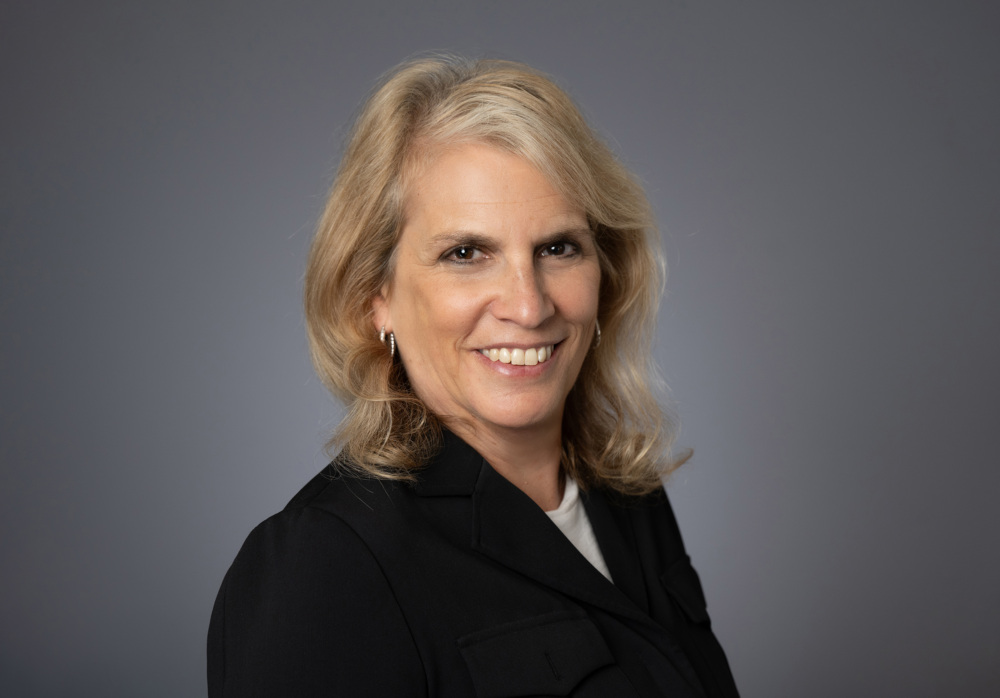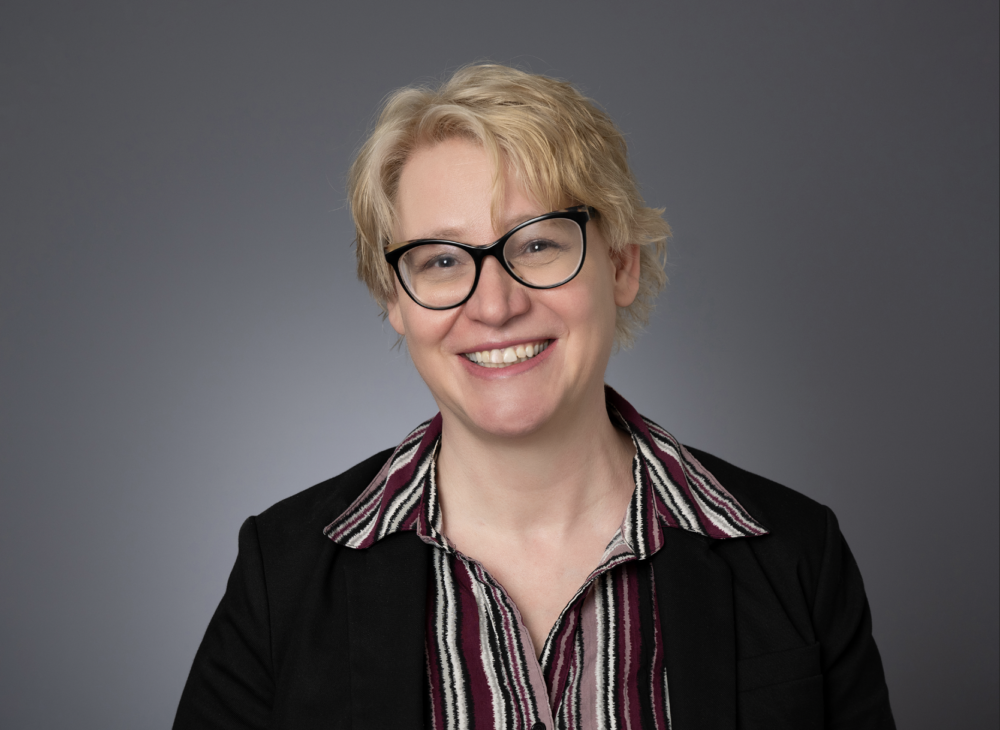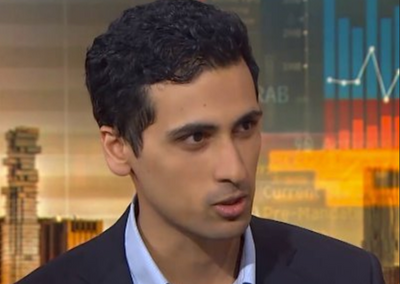
Alexander Hertel-Fernandez
Associate Professor of International and Public Affairs,
Columbia University
New York, NY
Experience
- Office of Management and Budget (Biden Administration)
- U.S. Department of Labor
Expertise
- Organized labor and collective action
- Workers’ rights and workplace standards
- Design and administration of public benefits
- Democratic participation in economic policymaking
Education
- Harvard University, A.M., Ph.D.
- Northwestern University, B.A.
Interested in speaking with Alexander Hertel-Fernandez?
About Alexander
Alexander Hertel-Fernandez is associate professor of international and public affairs at Columbia University and serves as Vice Dean for Curriculum and Instruction. His teaching and research focuses on understanding the intersection between politics and markets in the United States, the politics of policy design, and labor policy. He is co-director of Columbia’s Labor Lab, which uses social science tools in partnership with labor organizations to build worker power.
Hertel-Fernandez recently returned to Columbia after serving in the Biden-Harris Administration in the U.S. Department of Labor and the White House Office of Information and Regulatory Affairs. While at the Department of Labor, he led the Department’s research and evaluation activities, including launching initiatives to study and address disparities in access to unemployment insurance and to better measure job quality. He also led the Department’s implementation of President Biden’s historic executive order on racial equity. At the White House Office of Information and Regulatory Affairs, he led efforts to expand public participation and community engagement in the regulatory process, reduce burdens in access to government benefits, and served as the lead handling White House review of regulations and forms related to nutrition and food assistance, support for underserved farmers, and rural development.
Hertel-Fernandez is the author or co-author of three books, including most recently The American Political Economy: Politics, Markets, and Power (Cambridge, 2021, with Jacob Hacker, Paul Pierson, and Kathleen Thelen), which lays out a new framework for assessing the evolution of distinctive political and economic institutions in the United States in comparative perspective. His previous book, State Capture (Oxford, 2019), examined how wealthy donors, businesses and trade associations, and political entrepreneurs built cross-state organizations to reshape policy across the United States—with implications for democracy, accountability, inequality, and political representation. His first book, Politics at Work (Oxford, 2018), examined changing patterns of political mobilization in the workplace.



